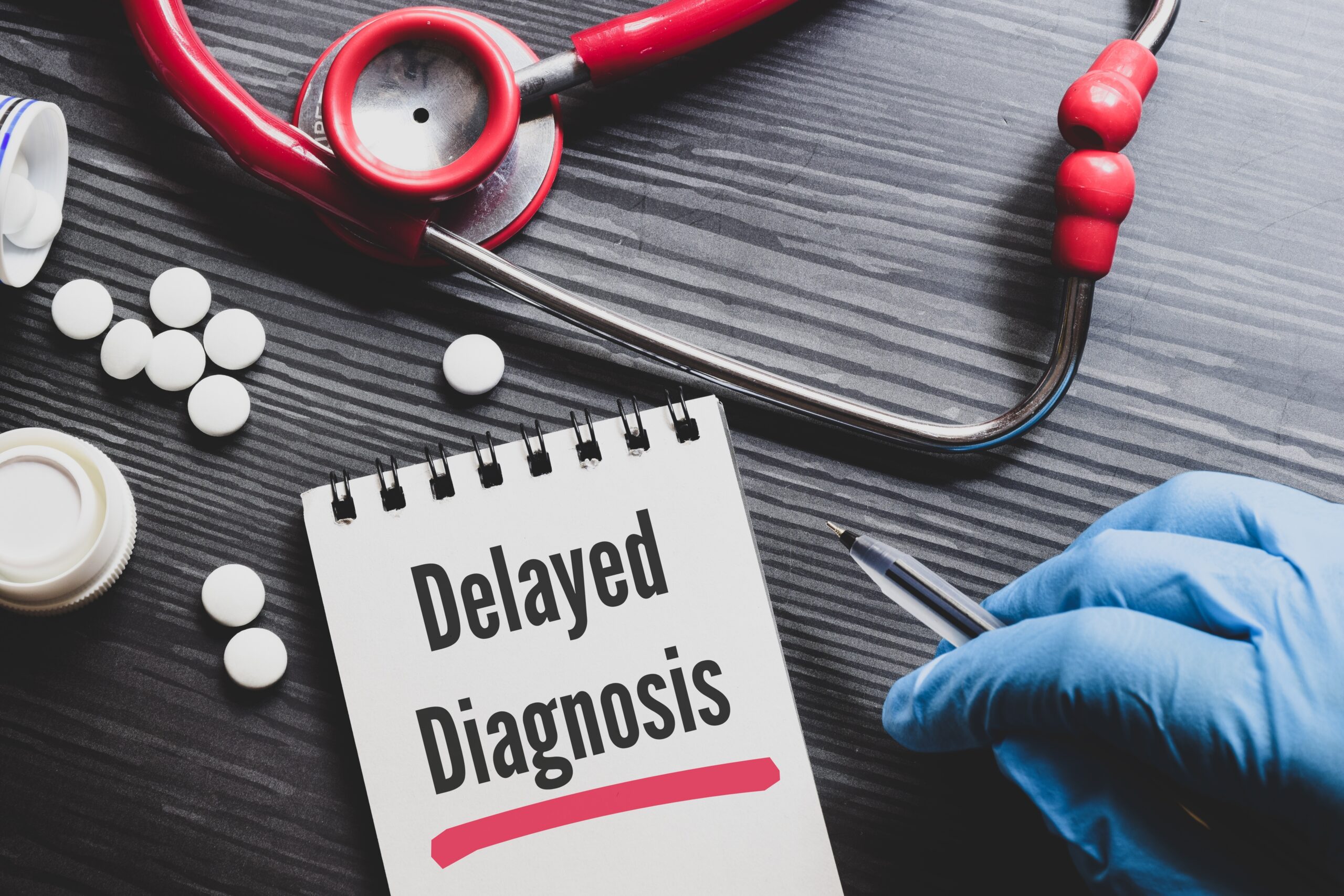
‘Christians don’t have to face delays. Health Care Sharing is a viable option for millions of Americans,’ says Alliance of Health Care Sharing Ministries Executive Director Katy Talento
WASHINGTON — A recent Gallup poll found that nearly four in ten Americans with health insurance have put off medical treatment due to the rising costs of health care. This is “the highest by five points and marks the sharpest year-over-year increase to date,” Gallup reported.
“Christians don’t have to face delays due to the combination of skyrocketing premiums plus high deductibles and other out-of-pocket costs,” says Katy Talento, executive director of the Alliance of Health Care Sharing Ministries (The Alliance, ahcsm.org). “Health Care Sharing Ministries are more affordable on a monthly basis than health insurance, leaving far more in a family’s pocket to manage other out-of-pocket costs.”
In the prior decade before 2022, the average was 29% of U.S. adults who reported putting off medical treatment because of cost, with a rate of 27% just in the year prior to the most recent survey. Gallup notes that in late 2022, when the survey was conducted, inflation was at a 40-year high, suggesting economic factors as the reason why the number jumped so dramatically.
Key findings:
- 38% say they put off treatment, up 12 percentage points from 2021.
- 27% say that the delayed medical treatment was for a “very” or “somewhat” serious condition or illness.
- Lower-income, younger adults and women are the most likely to report delaying care.
“Delays can be very costly in both human and financial terms. Health care prices are spiking at the same time that the economy is crashing, and the dollar is worth less and less,” Talento says. “And it’s only going to get worse.”
Health insurance premiums are soaring to record highs, with no end in sight. According to two of the largest insurance brokerage firms, Mercer and Willis Towers Watson, premiums for employer-sponsored plans (where half of the country gets their coverage) are expected to rise 6.5 percent in 2024 – a record for the past decade.
“As prices rise, Health Care Sharing Ministries make more sense than ever for families struggling in today’s economy,” Talento says. “Health Care Sharing Ministry members find that they can save money, cut red tape and avoid insurance hassles while living out the Christian imperative to look after each other’s needs. In addition, members of some ministries can often access alternative treatments not covered by health insurance, such as chiropractic and holistic care, and experimental therapies.”
“The whole health care financing system is broken,” Eva Stahl, vice president of public policy at RIP Medical Debt, told Yahoo Finance. “This is not a single-problem issue. Health insurance does not meet people’s needs, leaving them unable to weather medical bills. Patients are asked to pay amounts they generally can’t afford which discourages them from seeking care at all.”
“By contrast, Health Care Sharing Ministries offer a solution where their members help each other afford high-quality care without being subjected to Big Insurance or the offerings on the hyper-regulated federal exchange which often include subsidies for abortion and other immoral procedures,” Talento says.
An estimated 41% of Americans are grappling with medical debt of some kind. As of June 2021, U.S. consumers held roughly $88 billion in medical debt, according to the Consumer Financial Protection Bureau (CFPB).
Out-of-pocket costs continue to rise as well, averaging $1,315 per capita in 2021, according to Health System Tracker. For those with employer-sponsored insurance, the average single deductible has increased by more than 57% since 2013, while the average family deductible has risen by more than 55%, according to KFF.
“Health Care Sharing Ministries should not be confused with health insurance,” Talento says. “When members go to a doctor or hospital or incur a medical cost, they submit the bill to their community through the ministry. The community regularly shares big-ticket items like treatments for cancer or heart disease. Health Care Sharing Ministry staff can also help patients navigate the medical system and negotiate lower prices. Ministry chaplains are available to pray with members.
Since 1981, Health Care Sharing Ministries operating in all 50 states have given patients an alternative to health insurance, facilitating the sharing of billions of dollars in medical expenses for their members.
The Alliance represents the majority of large, federally recognized Health Care Sharing Ministries and two-thirds of the more than a million members nationwide. Alliance member ministries have been certified by the U.S. Department of Health and Human Services Centers for Medicare and Medicaid Services as meeting the federal definition of Health Care Sharing Ministries in the Affordable Care Act.
Founded in 2007 and headquartered in Washington, D.C., the Alliance of Health Care Sharing Ministries is a 501(c)(6) trade organization representing the common interests of Health Care Sharing Ministries which are facilitating the sharing of health care needs (financial, emotional, and spiritual) by individuals and families, and their participants. The Alliance engages with federal and state regulators, members of the media, and the Christian community to provide accurate and timely information on health care sharing.
To learn more about the Alliance of Health Care Sharing Ministries, visit www.ahcsm.org or follow the ministry on Facebook or Twitter.
To interview a representative from The Alliance of Health Care Sharing Ministries, contact Media@HamiltonStrategies.com, Beth Harrison, 610.584.1096, ext. 105, or Deborah Hamilton, ext. 102.
